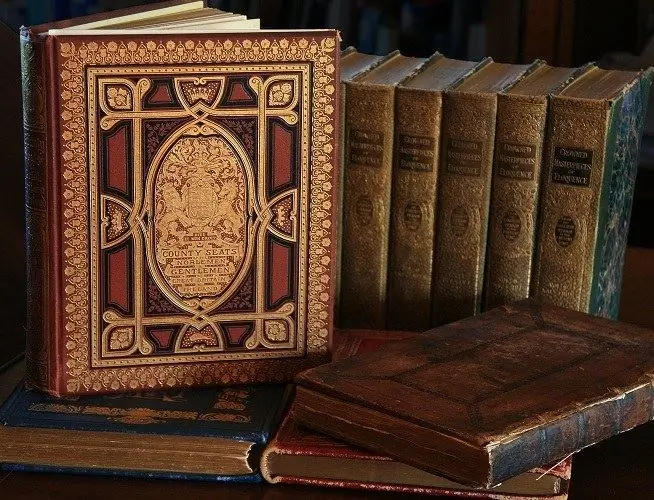- Author Antonio Harrison harrison@cultureoeuvre.com.
- Public 2023-12-16 07:44.
- Last modified 2025-01-22 21:44.
Classical literature is the basis and foundation of any genre. Initially, the term "classics" arose in relation to the works of Greek authors: Homer, Sophocles, Aeschylus. But centuries passed, and the literature of the Renaissance, 19th and 20th centuries became classical. Science fiction, fantasy and other relatively new genres have their own classics. The only thing these works have in common is that they have stood the test of time, which means that they do not lose their relevance.

Despite such an extensive content of the term, from school, classical literature is often understood as a certain set of authors. Classical Russian literature of the 19th century really had a huge impact on the entire reading world. But foreign classics are capable of opening truly new literary horizons to the Russian reader.
American classics
Theodore Dreiser's novel "American Tragedy" begins as the usual "way up" of a young man from a poor family who wants to escape poverty at all costs and take possession of all the trappings of a successful man. The young man hopes for the help of a wealthy relative, the owner of a factory in a small industrial town, but the thirst for money, a beautiful life and love does not allow the hero to earn his success through honest work.
Entangled in his own lies, he goes on a crime, one tragedy entails another. The frenzied thirst for profit and the path to a beautiful life over someone else's heads do not lose their relevance many years after the publication of the popular novel.
The American writer Jack London is usually met in childhood, reading his stories about animals: "White Fang", "Mike, Jerry's brother." However, the writer himself lived such a bright, eventful life that the rest of his works are worthy of thoughtful reading. Together with London itself, his heroes went to the Bering Sea to beat fur seals, climbed to the upper Yukon to stake out a gold-bearing site, sweated on hard work in the laundry and were imprisoned for vagrancy.
In the famous novel Martin Eden, London describes the spiritual awakening of a young sailor, which began under the influence of love for a girl from a wealthy bourgeois family. Having overcome many obstacles, the hero became a famous writer, but success comes to him too late - the tragedy of untimely, invaluableness destroys this sincere, integral nature.
English classics
The epic "Forsyte Saga" by the English writer John Galsworthy was awarded the Nobel Prize in 1932. The multivolume novel describes the life of several generations of the bourgeois Forsyte family, its holidays, sorrows and everyday affairs. But in the foreground of Galsworthy is a man with his feelings, the tragedies of unrequited love, an unsuccessful marriage. The relationship of people changes little, and at any time to meet a couple where the owner-husband seeks to own his wife as a thing, and an unhappy woman tries to find a way out of the trap by falling in love with another.
Archibald Cronin was working as a doctor in London when the illness forced him to leave for the period of treatment in the village. There the author wrote his first work "Brody Castle" in three months. The novel became a sensation, and others followed it: "Citadel", "Young years", "Shannon's Way". Cronin's novels are distinguished by a good storytelling style, subtle observation of people and society, vivid images of heroes.
In his most famous novel, The Citadel, the author describes the inner conflict of a young doctor who seeks to arrange his life with the help of wealthy clients, but at the same time cannot turn a blind eye to social problems in medicine for poor, disadvantaged people. Cronin's own medical knowledge and experience in science allowed him to create a true world of real people with whom you sympathize and empathize throughout the story.
Such novels as Wuthering Heights by Emily Bronte, Pride and Prejudice by Jane Austen, and The Woman in White by Wilkie Collins are undoubtedly the gold fund of English classics. In the spirit of realism and disillusionment in the so-called philosophy of success, John Brain's poignant novels "The Way Up" and "Life Above" were written.






